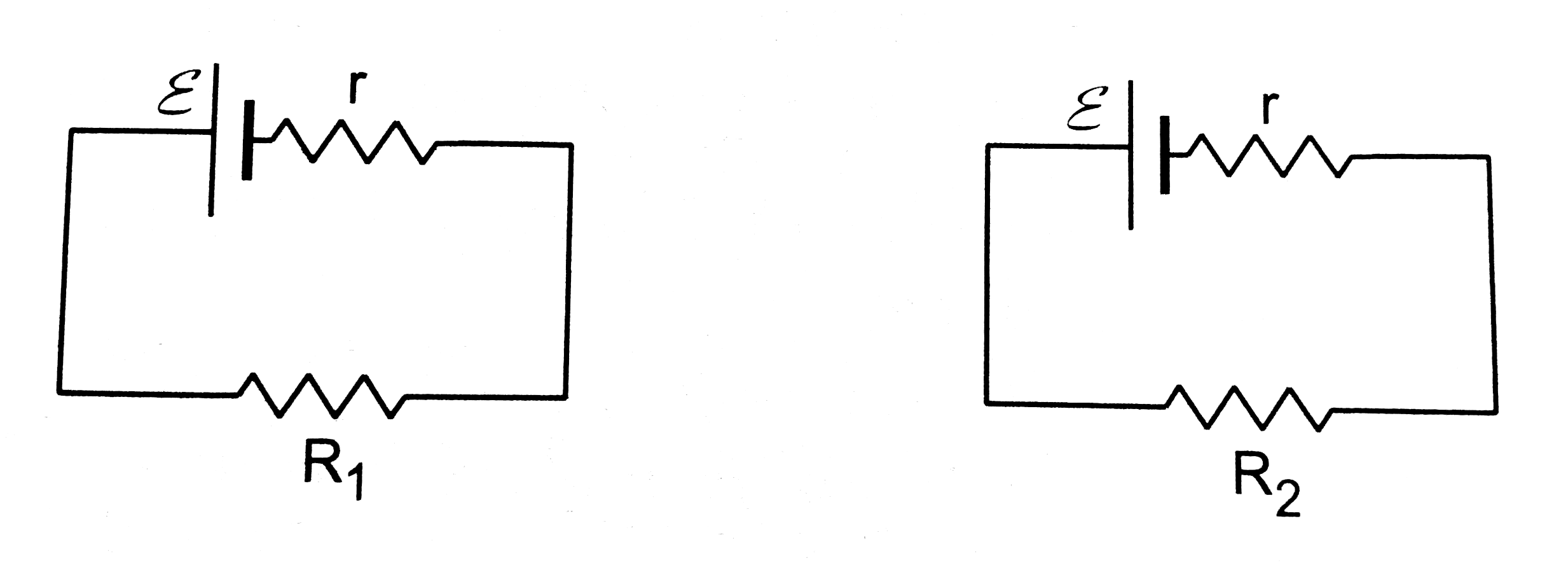Complete Solutions to Short Question of chapter THERMAL AND CHEMICAL EFFECT OF ELECTRIC CURRENT of Class 12 book with complete answers and questions
| Class 12 | PHYSICS |
| Chapter | THERMAL AND CHEMICAL EFFECT OF ELECTRIC CURRENT |
| HC VERMA | Short Question |
| Number Of Questions | 9 |
| Academic Year | 2023-24 |
If a constant potential difference is applied across a bulb, the current slightly decreases as time passes and then becomes constant. Explain.
View SolutionTwo unequal resistances `R_1 and R_2` ae connected across two identical batteries of `emf epsilon` and internal resistance `r (figure)`. Can the thermal energies developed in `R_1 and R_2` be equal in a given time. If yes, what will be the condition? (Figure Question)

View SolutionWhen a current passes through a resistor, its temperature increases. Is it an adiabatic process?
View SolutionApply the first law of thermodynamics to a resistor carrying a current `i`. Identify which of the quantities `DeltaQ`, Delta U and DeltaW` are zero, wheich are positive and which are negative.
View SolutionDo all the thermocouples have a neutral temperature?
View SolutionIs inversion temperature always double of the neutral temperature? Does the unit of temperature have an effect in deciding this question?
View SolutionIs neutral temperature always the arithmetic mean of the inversion temperature and the temperature of the cold junction? Does the unit of temperature have an effect in deciding this question?
View SolutionDo the electrodes in an electrolytic cell have fixed polarity like a battery?
View SolutionAs temperature increases, the vicosity of liquids decrease considerably. Will this decrease the resistance of an electrolyte as the temperature increases?
View Solution
Short Question questions and complete solutions for chapter THERMAL AND CHEMICAL EFFECT OF ELECTRIC CURRENT of HC VERMA PHYSICS (ENGLISH) of Class 12